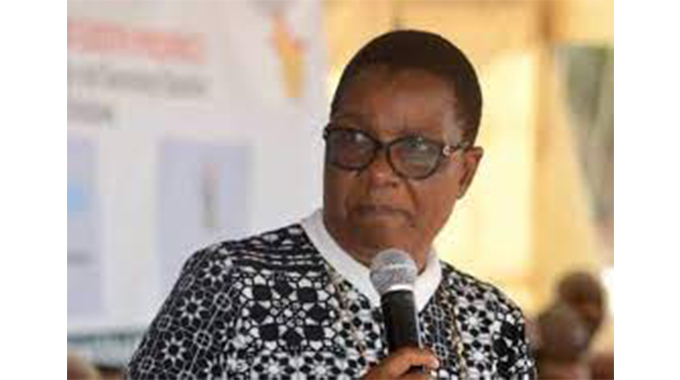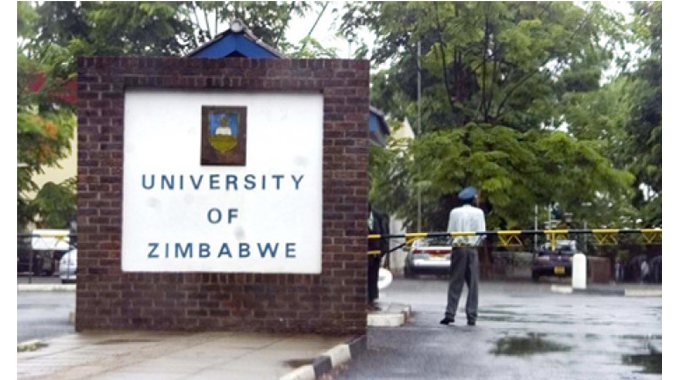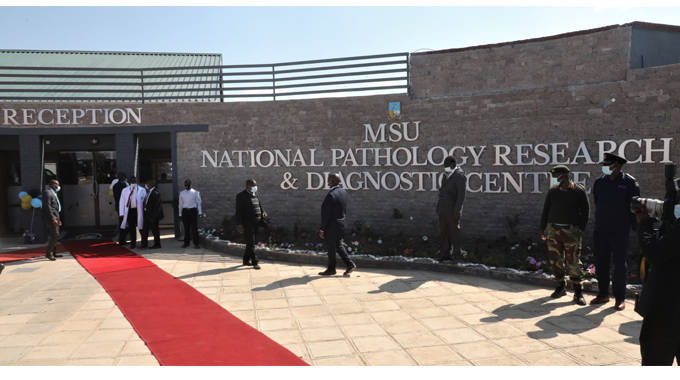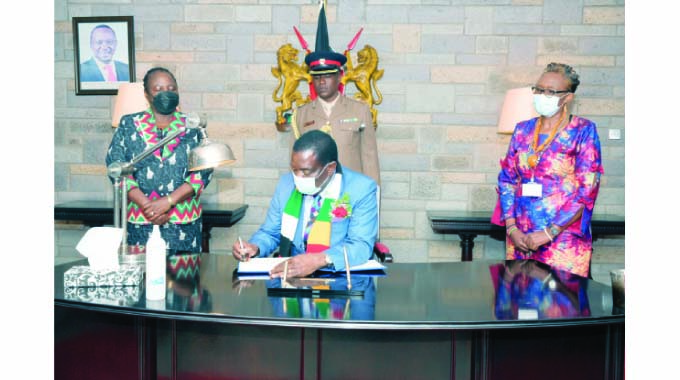Government engages universities in teacher capacity programme

Flora Fadzai Sibanda, Chronicle Reporter
THE Ministry of Primary and Secondary Education has expressed concern over the low uptake in the Teacher Capacity Development programme at universities.
Government has engaged five universities as implementing partners in the programme, which was launched in 2014.
The programme is aimed at upgrading teachers’ educational qualifications and enabling teachers to effectively teach vernacular languages and science subjects that have been included in the education system in line with the new curriculum.
Zimbabwe has 16 official languages and the training of more teachers in local languages reverses a trend whereby Shona and Ndebele were mostly taught in schools.
Government has since crafted principles of the Languages Bill which seek to safeguard the country’s 16 official languages in fulfilment of Section 6 of the Constitution meant to promote multilingualism.
The principles of the Languages Bill were adopted last year.
The proposed law champions the need for the promotion of multilingualism, respect of language rights and linguistic preference as fundamental to the process of nationalism, development of augmentative and alternative communication systems for people with impediments that inhibit communication.
The 16 official languages in Zimbabwe are Chewa, Chibarwe, English, Kalanga, Khoisan, Nambya, Ndau, Ndebele, Shangani, Shona, sign language, Sotho, Tonga, Tswana, Venda, and Xhosa.
To be eligible for admission, a candidate must be a holder of a diploma in education and have a background in any of the languages offered.
Teachers applying should have served for at least two years without any pending misconduct cases and aged 55 years and below.
The applicant should not be on any other programme, whether self-sponsored or scholarship.

Mrs Tumisang Thabela
Those who have benefited from the first and second phases of the Teacher Capacity Development are not eligible.
In an interview yesterday, Primary and Secondary Education Permanent Secretary Mrs Tumisang Thabela said since the inception of the programme, there has been a low intake in terms of teachers applying every year.
“We are appealing to communities to develop their indigenous languages by making sure that their secondary schools offer local languages as this will increase the number of candidates applying for the teacher capacity programmes,” she said.
Mrs Thabela said the programme, which was initially confined to Great Zimbabwe University (GZU), has since been extended to other State universities.
She said the capacitation programme covers a wide range of disciplines including sciences, Mathematics, curriculum research and development, education planning, building and design, technical and vocational education, languages and humanities, Information Communication Technology and agricultural studies at various state universities.
Science programmes are being offered at the National University of Science and Technology and Bindura University of Science Education.
Agriculture programmes are being offered at Lupane State University while ICT programmes are being offered at Midlands State University.
The University of Zimbabwe is offering a Bachelor of Education in Building Technology while the Zimbabwe Open University is offering a post graduate diploma in education.

University of Zimbabwe
“As Government, we are serious when it comes to developing indigenous languages to a point where they are important enough to be made subjects. For science and technology, we used to have Bindura University of Science Education, but now we have incorporated the University of National Science and Technology,” she said.
“We are also working with the University of Zimbabwe on building technology areas and the Midlands State University on ICT and indigenous languages.”

Midlands State University
Mrs Thabela said the ICTs are important for national development.
“In this competitive era of globalisation, science and technology are key to national development as they constitute one of the indicators used to determine the socio-economic growth and development of a country,” she said.
“Government has an obligation to equip our teachers with competencies and pedagogic skills that will enable them to teach sciences and Mathematics, and use information and communication technologies in teaching.” – @flora_sibanda







Comments